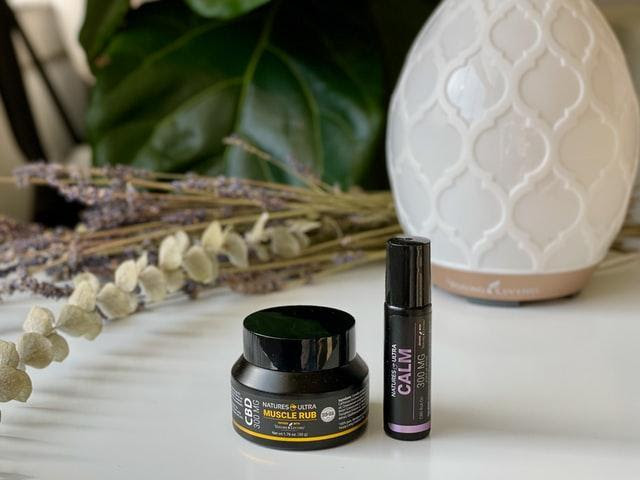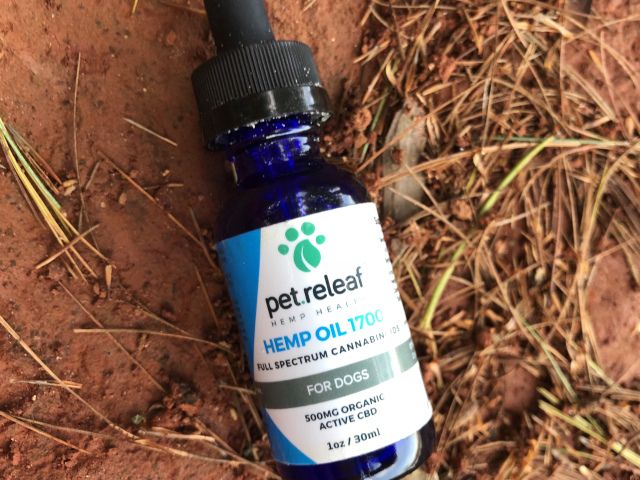Wondering what CBD oil tastes like? You are not the only one. After all, it is on the lips of many, as the benefits that this ancient plant brings do not go unnoticed.
So today, from Yamnaya, we answer some of the most common doubts about the taste of CBD. What does it taste like hemp? Does it have a slightly nutty or grassy taste? Do all CBD oils taste the same?
We give you a hand to answer all your questions about this wonderful resource of nature.
CBD Oil
Cannabidiol or CBD is the main component of hemp and one of over a hundred cannabinoids in the plant.
Its basic characteristic, and one that concerns us most, is that it is a non-psychotropic component, i.e. it does not get you high. Instead, it has an incredible potential to treat conditions and ailments. In fact, the properties of cannabidiol are under constant study, as its effects are associated with symptomatic relief of diseases such as rheumatoid arthritis1 or multiple sclerosis. Likewise, the combination of THC and CBD favors a reduction of nausea and vomiting caused by chemotherapy.
CBD oil, for its part, is one of the many forms of CBD that make its consumption more accessible. This makes it much easier to benefit from the therapeutic and medicinal properties of hemp. But does CBD oil have a flavor, what does it taste like, and will the people around you think you are using hemp?
What does CBD oil taste like?
Whether you are considering starting to use CBD oil or you already have a bottle in your hands, it is understandable that you want to get an idea of its taste, texture, and aroma.
But the truth is that when it comes to the taste of CBD oil, there is no single answer. However, its aroma and taste are usually identified as earthy, typical of the extraction and manipulation of the plant’s components, such as its stems, flowers, and leaves. Terpenes, on the other hand, also influence the taste of the oil, as they are the compounds responsible for providing different fragrances and flavors to hemp.
On the other hand, in order to increase bioavailability and facilitate consumption, carrier oils are used that also give nuances to the taste of CBD oil. The most common are hemp oil, olive oil, and coconut oil. The latter gives more smoothness to the palate, while hemp seed oil is usually associated with a nutty flavor, and olive oil with a much more intense result. It is also the one that helps better absorption, especially with higher CBD concentrations.

Isolated CBD or full spectrum CBD?
When researching and purchasing CBD oils, it is possible to encounter complex terminology. However, there is a reason for this, and that is that once it has been assimilated, the search for the product of your choice becomes much simpler.
CBD oils are available for sale as ‘CBD isolated’ and ‘full spectrum’. In the first case, this oil is extracted independently, without the added flavor conferred by the terpenes and flavonoids of hemp. Thus, its THC content is null, being the most suitable option for those seeking to avoid any contact with this component. Be sure to visit Health well being to discover additional tips and information about CBD Oil.
On the other hand, if you opt for full-spectrum CBD, you are assured of a more intense and deeper flavor, the one that has so many followers. Full-spectrum CBD contains THC, but in very low doses (less than 0.2%), insufficient to feel any psychotropic effect of hemp, and its major benefit over ‘isolated CBD is that it enhances the effects of CBD thanks to the multiplying effect or entourage effect.


